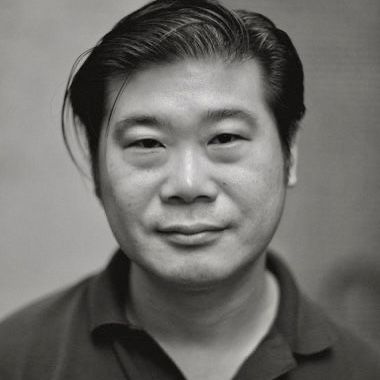Isolation vs. Deliberate Solitude
Like many, I've been sheltering in place in my apartment over the past month. While I have been jumping on occasional video calls with friends and family, and holding weekly happy hours with the Orbital members, I certainly haven't gone above and beyond like some my friends who've launched new social online events, created new frontline support efforts, or engaged directly in mutual aid work all of which are incredibly valuable.
If anything, I've arguably retreated. I was isolating myself for a reason that I couldn't quite articulate until I heard Dr. Vivek Murthy speak on the latest Hidden Brain podcast:

In it, he draws a distinction between isolation, which we associate with loneliness and deliberate solitude:
...what's powerful about solitude is it gives us both the time to quieten the noise around us, but it also gives us the opportunity to reflect and to simply be. You know, there is a tension in our modern world between being and doing. We're built, as a culture, around action. If there's a problem, the way we address it is through action. What do we do? Who do we call? What action do we take? What plan do we execute? It's all about action. But one of the things that I have come to understand more deeply in the process of talking to people and researching this topic of loneliness is that being precedes action. And we all know this in our own lives. We know that when we spend time getting into the right frame of mind, then often we can be much more effective in the action that we take.
When the pandemic hit, I was already going through a period of transition from a post-155 Rivington life to figuring out the next phase of Orbital, which I'd best describe as a prolonged period of molting—a slow shedding of your former skin that will eventually unveil a new form.
My friend and collaborator Chris Xu introduced me to this idea, and gave a wonderful graduation talk on it, which you should watch right now:
Part of redesigning my personal site—the one you're currently looking at—along with embracing a daily practice of writing every day for the past month have been key parts of the process, and they've been ways in which I've been instinctually practicing deliberate solitude.
Dr. Murthy continues:
And so solitude is extraordinarily powerful because it allows us to focus again on being. And solitude can be experienced in different ways. Simply spending five minutes sitting outside and feeling the wind against your face or spending time just listening to the birds chirping or to the conversation around you or to the ambient noise and just experiencing your breath as it goes in or out, that experience of solitude, however it comes, can be extraordinarily powerful and calming. One of my favorite ways to experience solitude is through gratitude practice as well, to take five minutes to just remember three things that we're grateful for. It can be a very simple but powerful way to again reanchor us.
In retrospect, it's a nice way to frame some of the rituals I put in place when we went on lockdown, which I'm happy to report I've largely stuck to every day (except for the push ups, but I'm getting better at this).
But moreover, Dr. Murthy's lens has also been both validating and additive to a lot of the Orbital 2.0 thinking—not just in the importance of having and maintaining relationships, but in terms of how we make that happen—so I'm looking forward to sharing more once it's a bit more baked.

